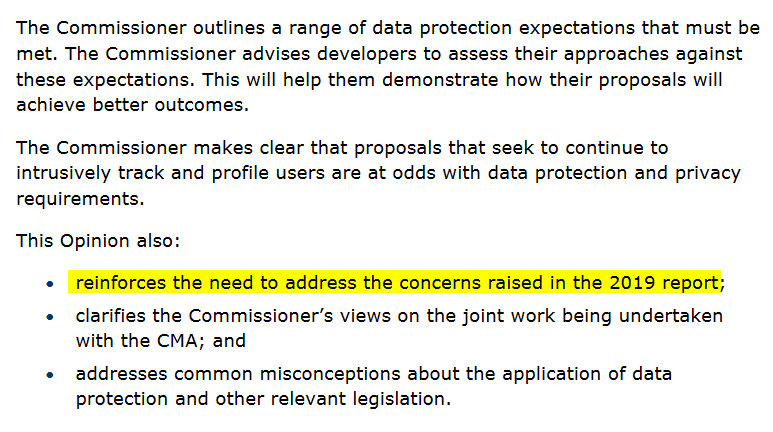
Just tried to help a friend who runs a very small local business that has nothing to do with online marketing but uses a popular cloud-based website system to draft a GDPR-compliant data/privacy policy that makes sense. Almost impossible.
Of course, it's not the law that is to blame, but the cloud services provider, its invasive personal data processing plus third-party embeds that cannot be turned off, as well as the lack of GDPR enforcement against such services, which is why they still exist as they exist.
It's not the first time I've been struggling with such advice. Don't wanna name the system because I spent already enough time with it on a Sunday evening, but no, building a hand-crafted website or setting up a custom CMS is not an option for many.
Because of the lack of GDPR enforcement, many small 'data controllers' are in the same position as most users/consumers/citizens: they simply don't have a choice. Large corporations take them hostage by trying to shift responsibility to them, and thus, into nirvana.
• • •
Missing some Tweet in this thread? You can try to
force a refresh














